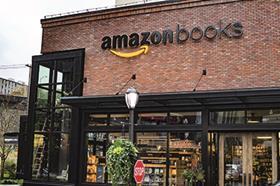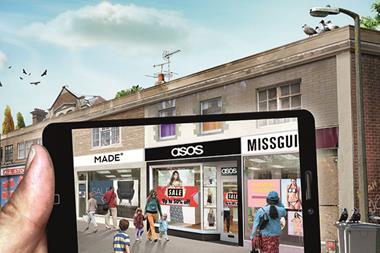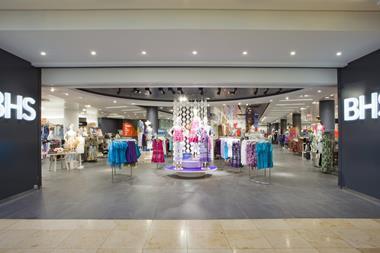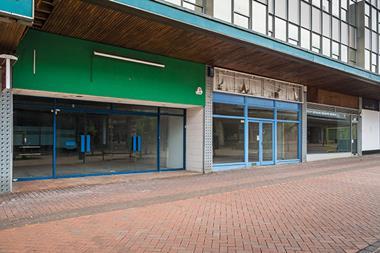This month’s warning that almost a million retail jobs will disappear over the next decade could not have been better timed.

The report by the British Retail Consortium sounded like one long complaint about business rates, the national living wage and the apprenticeships levy, which will cost the industry billions of pounds. But the importance of its message about the impact of the online shopping revolution was underlined by events in the days leading up to and following its publication.
First, a leaked Tesco document showed that Britain’s biggest retailer is considering reducing its workforce by 39,000 over the next three years. Then Amazon agreed a deal with Morrisons to sell the Bradford-based supermarket chain’s food online. And finally, BHS announced a company voluntary arrangement that involves the retailer demanding a reduction in rent on more than half its shops. These three events all revolved around changing shopping habits and the movement of spending from the high street to online.
Of the three, Amazon’s announcement will have the most significant impact on the retail world. This felt like a landmark moment - one of Britain’s most established brands agreeing to work with the biggest online retailer on the planet. If you can’t beat them, join them.
Over the last year, Amazon has been quietly reinforcing its position as the dominant online player while at the same time opening new fronts in the fight with bricks-and-mortar retailers.
A year ago, Jeff Bezos, who founded Amazon in 1994, was facing growing questions about the lack of profits coming out of the company, a potential fightback by the high street and the botched launch of the Amazon Fire phone. In its 2014 financial year, Amazon reported a 20% rise in sales to $89bn (£62bn), but a net loss of $241m.
Stronger than ever
However, Amazon now looks stronger than ever. With high-street rivals talking about how click & collect and high-quality own-brand products have given them a unique advantage in fulfilment and range, the US company has ploughed money into both.
Amazon now offers one-hour delivery in London, Birmingham, Newcastle, Manchester and Liverpool, loans to customers who want to spend more than £250 and an expanded Prime membership scheme that includes an on-demand video service with exclusive rights to show Jeremy Clarkson’s new motoring show.
On top of that, it is expanding into fashion and food, the two notable gaps in its product range. The retailer is understood to be in talks with Frances Russell, the former head of womenswear at Marks & Spencer, about leading the creation of an own-label fashion range, and it is now selling thousands of grocery products through its one-hour delivery service and Amazon Pantry, which allows shoppers to buy boxes of household items.
The progress Amazon is making can be seen in its most recent financial results. Sales in 2015 grew by another 20% to an extraordinary $107bn, and the company also turned its net loss of $241m the previous year into a profit of $596m.
Head in the cloud
Ironically, much of Amazon’s strength is not coming from retail. Bezos has built Amazon Web Services (AWS), a cloud computing service, into a market-leading and formidable business. AWS is hugely profitable, posting operating profits of $1.9bn last year on a fraction of the sale of the retail business.

This division is letting Amazon off the leash in retail and should be a major concern for the company’s rivals. The profits it is generating are keeping critics off Bezos’s back and allowing him to invest heavily in the rest of the company. This has led to the initiatives already mentioned, and also to the opening of a physical book store in Seattle (pictured), Amazon’s home city, and potentially hundreds more across the US if rumours are to be believed. In addition, as Bezos constantly reminds anyone who will listen, Amazon is pouring millions into a fleet of drones that could deliver orders to your doorstep within minutes. However, whether this will actually become a reality remains to be seen, with regulators understandably lukewarm about the prospect of hundreds of Amazon drones buzzing around in the sky.
This is the backdrop against which Morrisons agreed to work with Amazon. The British supermarket chain has handed Amazon a foothold into the sale of fresh meat, fruit and vegetables, but in return Morrisons gets access to an unrivalled delivery network that is only going to get better.
It has often been said about Amazon that once it gains a critical mass in the retail industry it will really make its power and innovation count, wiping out businesses that are not fit enough to compete. We are approaching that moment now.
Graham Ruddick is senior business reporter at The Guardian






























No comments yet